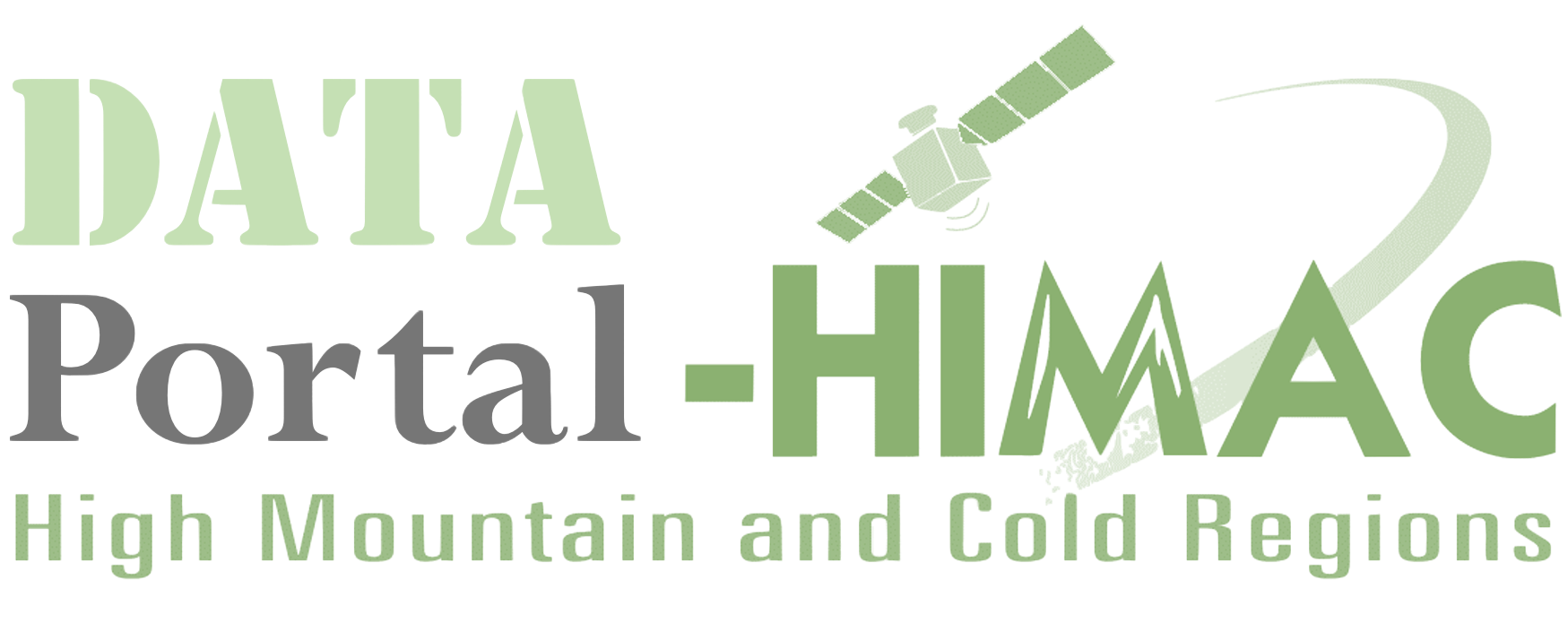ANTARCTIC PLANT DATABASE
Data and Resources
Additional Info
| Field | Value |
|---|---|
| Source | https://www.gbif.org/dataset/82d9ff5c-f762-11e1-a439-00145eb45e9a |
| Last Updated | April 11, 2022, 12:08 (UTC) |
| Created | January 13, 2022, 01:57 (UTC) |
| Country | UK |
| Data Management | To share data through GBIF.org, publishers typically have to collate or transform existing datasets into a standardized format. This work may include additional processing, content editing and mapping a dataset’s content into one of the available data transfer formats, as well as publication through one of the available data publishing tools, such as GBIF's free, open-source Integrated Publishing Toolkit or IPT. Once published, GBIF’s real-time infrastructure ‘indexes’ or ‘harvests’ new datasets, integrating them into a common access system where users can retrieve any and all data through common search and download services. As datasets are indexed, GBIF.org performs additional checks, interpretation and conversion routines to ensure that data are interoperable and comply with minimum standards of data formats, data quality and fitness for use. Many criteria for quality and usability of data, however, are best and most easily handled when addressed at their source: the individual dataset. Publishers thus play an essential role not simply in sharing datasets, but also in managing their quality, completeness and usefulness as well as ensuring their integration and value within GBIF’s global knowledge base. Learn more about data quality requirements and recommendations for Occurrence datasets Checklists Sampling-event datasets In practice, we encourage those responsible for publishing data to get acquainted with the expected data formats and content requirements as early as possible in the process (see also the pre-configured GBIF Excel templates with required and recommended terms for occurrence datasets, checklists, and sampling-event datasets, all available with example data). Doing so will save a lot of effort that may be needed at later stages, for example, in adding data conversions, capturing information for required or strongly recommended fields, or performing and addressing final pre-publication data-quality checks. |
| Data Policy | Data GBIF does not guarantee the accuracy of the biodiversity data served through GBIF.org and web services. Use of data accessed through the portal and web services is at the user’s own risk. Users must observe the provisions of the data user agreement. Data publishers must observe the provisions of the data publisher agreement. Provisions for personal data provided or collected while using the site are detailed in the privacy policy. Data licensing In 2014, following a community-wide consultation, the GBIF Governing Board established a general policy to "ensure that all species occurrence datasets within the network are associated with digital licenses equivalent to one of…three choices supplied by Creative Commons": CC0, under which data are made available for any use without restriction or particular requirements on the part of users CC BY, under which data are made available for any use provided that attribution is appropriately given for the sources of data used, in the manner specified by the owner CC BY-NC, under which data are made available for any use provided that attribution is appropriately given and provided the use is not for commercial purposes As of August 2016, all open-access species occurrence datasets on GBIF.org carry standardized, machine-readable licences. These changes improve transparency and reproducibility and support GBIF's mission to promot free and open access to biodiversity data. GBIF provides its open-access infrastructure to support scientific understanding and improve biodiversity and conservation outcomes. We will continue to promote attribution (CC BY) as the standard practice for citing GBIF-mediated data, believing that it reflects an established norm that the communities we serve use to cite original work. |
| Data Sharing Principle | In 2014, following a community-wide consultation, the GBIF Governing Board established a general policy to "ensure that all species occurrence datasets within the network are associated with digital licenses equivalent to one of…three choices supplied by Creative Commons": CC0, under which data are made available for any use without restriction or particular requirements on the part of users CC BY, under which data are made available for any use provided that attribution is appropriately given for the sources of data used, in the manner specified by the owner CC BY-NC, under which data are made available for any use provided that attribution is appropriately given and provided the use is not for commercial purposes As of August 2016, all open-access species occurrence datasets on GBIF.org carry standardized, machine-readable licences. These changes improve transparency and reproducibility and support GBIF's mission to promot free and open access to biodiversity data. |
| Database Level | International/Regional |
| FIAR | No |
| Host Institute | British Antarctic Survey |
| Opening Degree | Restricted Open |
| Organizer | British Antarctic Survey |
| Region | Antarctic |
| Source of Data Policy | Derived |
| Theme | Ecology |
